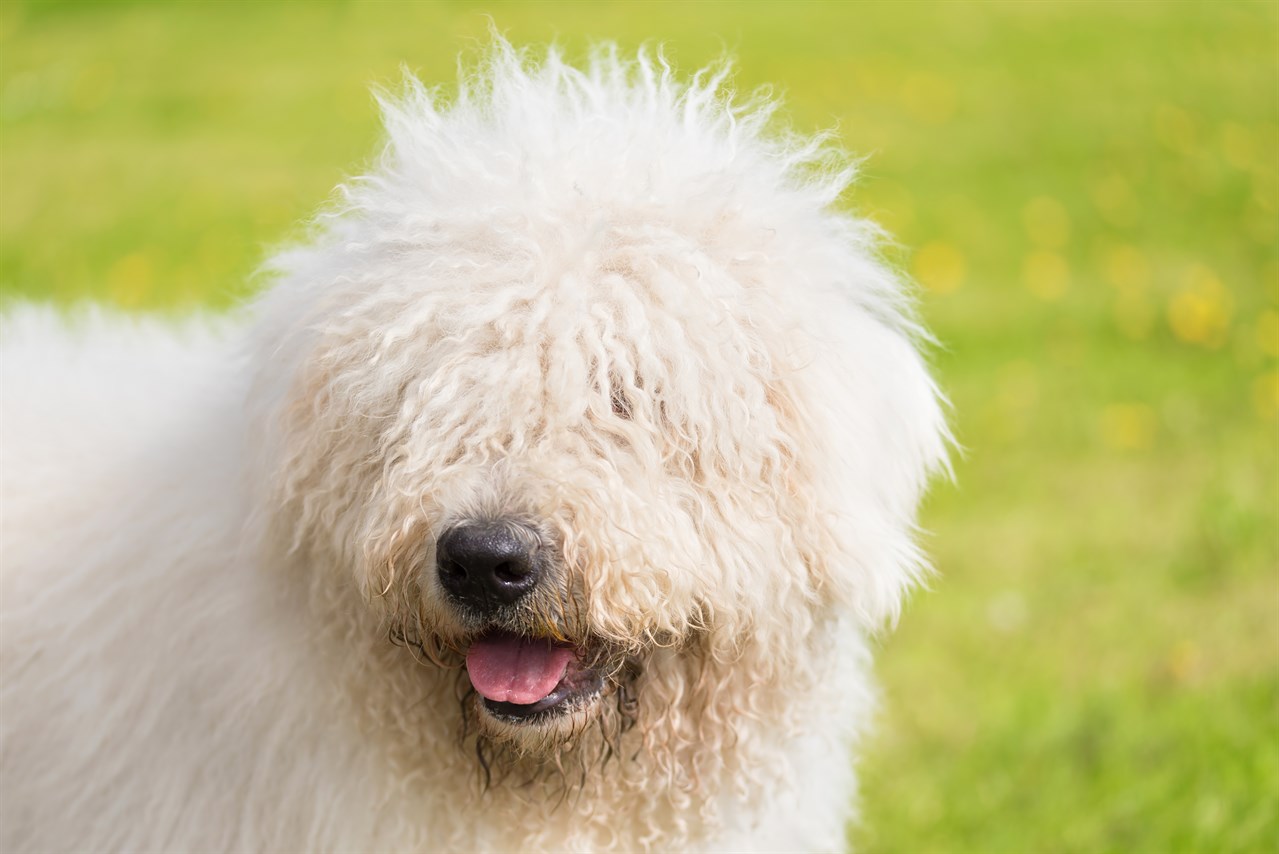Expected Life Span of the Komondor

The Komondor is a hardy and robust breed known for its longevity compared to many other large dog breeds. On average, a healthy Komondor can be expected to live between 10 to 12 years. However, with proper care, a few individuals have been known to live even longer.
Factors Affecting Life Span
Several factors can influence the life span of a Komondor
- Genetics: Genetics play a significant role in a dog's longevity. Responsible breeders strive to produce healthy dogs with good genetic predispositions.
- Diet: Providing a well-balanced and nutritious diet is crucial for a dog's overall health and longevity. Obesity can shorten a dog's life, so maintaining a healthy weight is important.
- Exercise: Regular exercise is essential for physical and mental health. It helps prevent obesity, strengthens muscles and joints, and contributes to a longer, healthier life.
- Healthcare: Routine veterinary care, including vaccinations, parasite control, and dental care, can help catch and address health issues early, increasing a dog's life expectancy.
- Breed-Specific Health Concerns: Like all breeds, Komondors may be prone to certain genetic health issues. Responsible breeding practises can help mitigate some of these concerns.
Common Health Concerns
While Komondors are generally a healthy breed, like all dogs, they may be susceptible to specific health issues. Some of the common health concerns in Komondors include:
- Hip Dysplasia: This is a genetic condition where the hip joint doesn't develop correctly, leading to arthritis and pain.
- Bloat (Gastric Torsion): Large and deep-chested breeds like Komondors are more prone to bloat, a life-threatening condition where the stomach twists on itself. Quick medical attention is crucial.
- Eye Conditions: Some Komondors may be prone to eye issues such as entropion (inward rolling of the eyelids) or cataracts.
- Hip Dysplasia: This is a genetic condition where the hip joint doesn't develop correctly, leading to arthritis and pain.
- Eye Conditions: Some Komondors may be prone to eye issues such as entropion (inward rolling of the eyelids) or cataracts.
Long, Healthy Life
To ensure a long and healthy life for your Komondor, it's important to provide them with a well-balanced diet, regular exercise, routine veterinary care, and a loving, safe environment. Additionally, responsible breeding practises can help reduce the risk of genetic health issues in the breed. By addressing these factors, you can maximise the chances of your Komondor enjoying a full and happy life as a cherished member of your family.